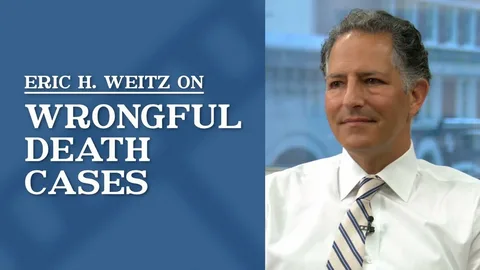What is Insurance Bad Faith?
Insurance bad faith occurs when an insurance company fails to fulfill its obligations to its policyholders. This can include denying a claim without a valid reason, delaying payment, or offering less compensation than what is due. Essentially, it’s when an insurer acts unreasonably or unfairly towards its customers.

Why You Might Need an Insurance Bad Faith Attorney
Denied Claims
One of the most common reasons people seek out an insurance bad faith attorney is due to denied claims. If your insurance company has denied your claim without a valid reason, an attorney can help you challenge this decision.
Delayed Payments
Another issue is delayed payments. Insurance companies are required to process claims within a reasonable timeframe. If they fail to do so, it might be considered bad faith.
Low Settlement Offers
Sometimes, insurance companies offer settlements that are much lower than what the policyholder is entitled to. An attorney can help negotiate a fair settlement.

How to Identify Bad Faith Practices
Unreasonable Denial of Claims
If your claim is denied without a valid reason, this is a clear sign of bad faith. Insurance companies are required to provide a legitimate reason for denying a claim.
Delaying Claim Processing
Delaying the processing of a claim without a valid reason is another form of bad faith. Insurance companies are required to process claims within a reasonable timeframe.
Offering Low Settlements
Offering a settlement that is significantly lower than what the policyholder is entitled to is also considered bad faith.

Steps to Take if You Suspect Bad Faith
Document Everything
Keep detailed records of all communications with your insurance company. This includes emails, letters, and phone calls.
Consult an Attorney
If you suspect bad faith, consult an attorney who specializes in insurance law. They can help you understand your rights and options.
File a Complaint
You can file a complaint with your state’s insurance department. They can investigate your claim and take action against the insurance company if necessary.
Finding the Right Attorney
Experience
Look for an attorney with experience in handling insurance bad faith cases. They will have the knowledge and expertise needed to handle your case effectively.
Reputation
Check the attorney’s reputation. Look for reviews and testimonials from previous clients.
Fees
Discuss the attorney’s fees upfront. Some attorneys work on a contingency basis, meaning they only get paid if you win your case.

Conclusion
Dealing with insurance bad faith can be frustrating and overwhelming. However, with the right attorney by your side, you can fight back and get the compensation you deserve. Remember to document everything, consult an attorney, and file a complaint if necessary. By taking these steps, you can protect your rights and hold your insurance company accountable.
For more information on insurance bad faith, you can visit Wallace Law or Freeman Harris Solicitors.
